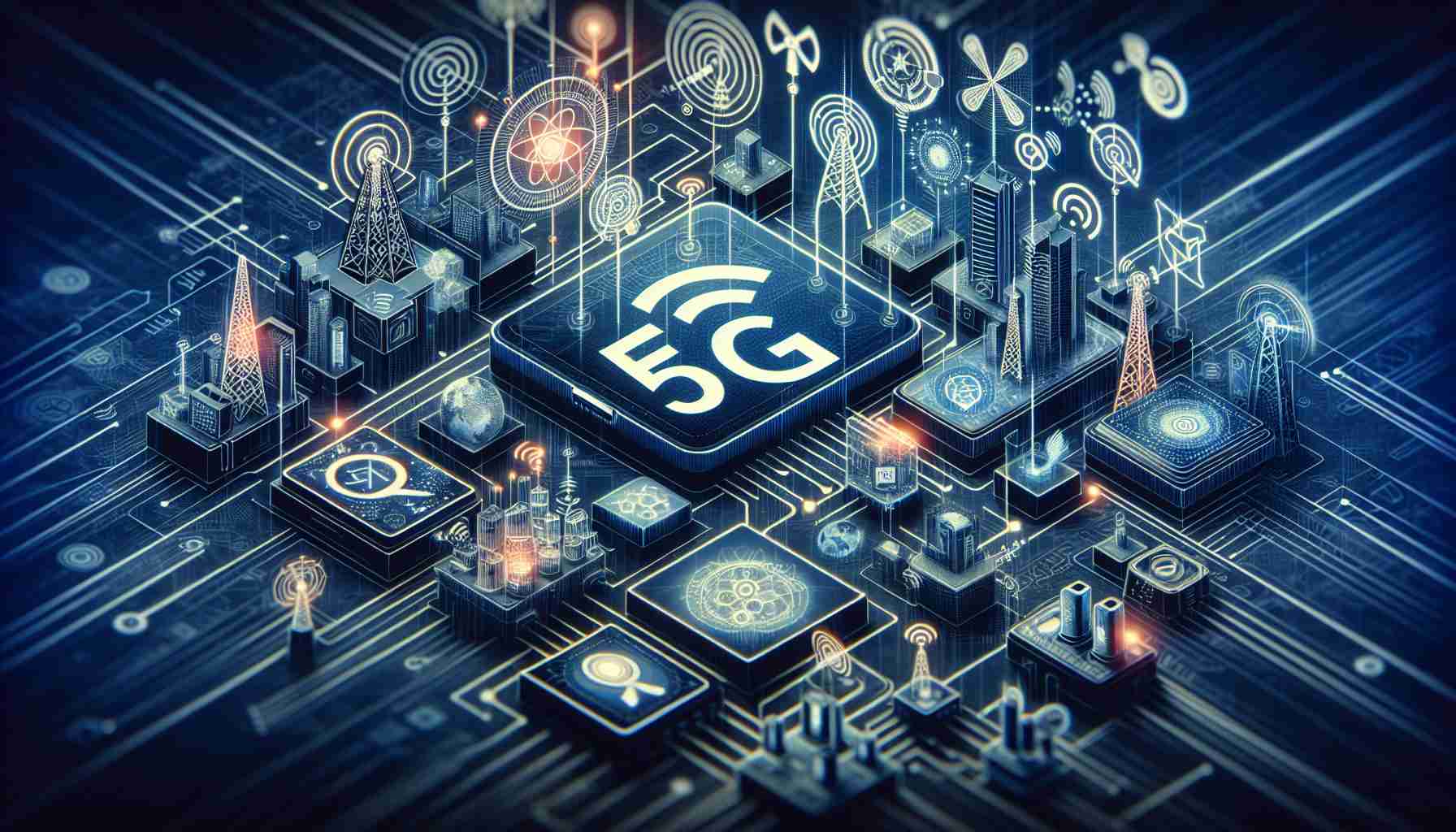Nokia Makes a Strategic Move in the API Marketplace
In a bold step to enhance its technological portfolio, Nokia has acquired the leading global API hub and marketplace from Rapid, a reputable U.S-based company. This strategic acquisition underscores Nokia’s ambitions to boost its revenue streams through its cutting-edge 5G and 4G networks.
Expanding Horizons in Network Monetization
As the telecommunications industry swiftly evolves, Nokia joins the ranks of major telecom manufacturers keen on exploring new avenues for monetizing 5G equipment. This move is expected to attract investment opportunities that coincide with the burgeoning rise of artificial intelligence, according to industry observers.
Through this acquisition, Nokia is poised to gain proprietary control over Rapid’s ground-breaking technology and its dedicated research and development arm. This will empower Nokia’s clients to seamlessly integrate their networks, effectively manage their API usage, and tap into the extensive talent pool of platform developers.
The Power of APIs in Modern Networks
At the heart of this acquisition are APIs, vital strings of code that facilitate robust and standardized communication between diverse software components. The role of these APIs in advanced 5G networks cannot be overstated; they enable rapid, secure, and precise data exchanges, significantly optimizing user location and connectivity experiences.
While the financial specifics of the deal remain undisclosed, industry analysts anticipate that this acquisition will substantially bolster Nokia’s competitiveness in the dynamic telecommunications landscape.
Nokia’s API Move: A Transformative Shift with Global Ripples
Unlocking New Potential: The Underexplored Impacts of Nokia’s API Acquisition
In an unexpected but strategic maneuver, Nokia’s acquisition of Rapid’s API hub is not just a technological enhancement but a move that could redefine how connectivity and communications are perceived globally. While the core details of the acquisition highlight Nokia’s intentions to bolster its 5G and 4G offerings, the broader implications are far-reaching and transformative for various stakeholders.
Amplifying Community Connectivity and Growth
For communities around the world, Nokia’s strategic decision potentially means access to more robust and reliable network services. By harnessing advanced API technologies, towns and cities can witness improved connectivity which facilitates smarter infrastructure, better public services, and more efficient emergency response systems. For rural and underserved areas, advancements in API-driven networks could bridge existing digital divides, providing educational and economic opportunities previously unattainable.
Advantage vs. Potential Pitfall: The Balance of Tech Integration
The integration of advanced API systems in networking brings distinct advantages. It can significantly reduce operational complexities, leading to cost savings and enhanced service offerings for both operators and consumers. However, it also potentially complicates cybersecurity landscapes. The more components interacting through sophisticated APIs, the more avenues there are for potential vulnerabilities, making comprehensive security protocols imperative.
API Economy: New Business Models and Controversies
Nokia’s move also signals a shift to what’s being referred to as the “API Economy.” This paradigm sees APIs not merely as technological instruments but as strategic assets that can be monetized. As APIs become the gateway for niche third-party integrations and services, businesses can create diversified revenue models. However, this also raises questions about data privacy and the ethical use of consumer data as API ecosystems expand.
How Will This Shape Global Telecom Policies?
This acquisition may prompt telecom regulators worldwide to revisit existing policies. With Nokia holding a significant role in network APIs, discussions around standardizing how APIs are developed and deployed might come to the forefront. Policymakers might need to consider provisions that ensure equitable access and maintain competitive balance across different markets.
Question: What Does This Mean for Competing Telecom Giants?
Nokia’s strategic direction poses critical questions for its competitors. Will they opt for similar acquisitions, or will they innovate independently, developing proprietary API solutions? The competitive dynamics in the telecom landscape could drastically shift as each player evaluates their approach to leveraging APIs for enhanced service delivery.
Final Thoughts
Nokia’s acquisition of Rapid’s API marketplace isn’t simply a corporate transaction; it’s a transformative step that could redefine telecommunications as we know it. By creating possibilities for seamless integration and robust network management, it offers a tantalizing glimpse into the future of global connectivity. However, the path forward must be navigated carefully, balancing innovation with regulation and privacy concerns.
For more insights into the evolving landscape of telecommunications and technology advancements, explore Nokia and find out how these developments might impact you directly.























